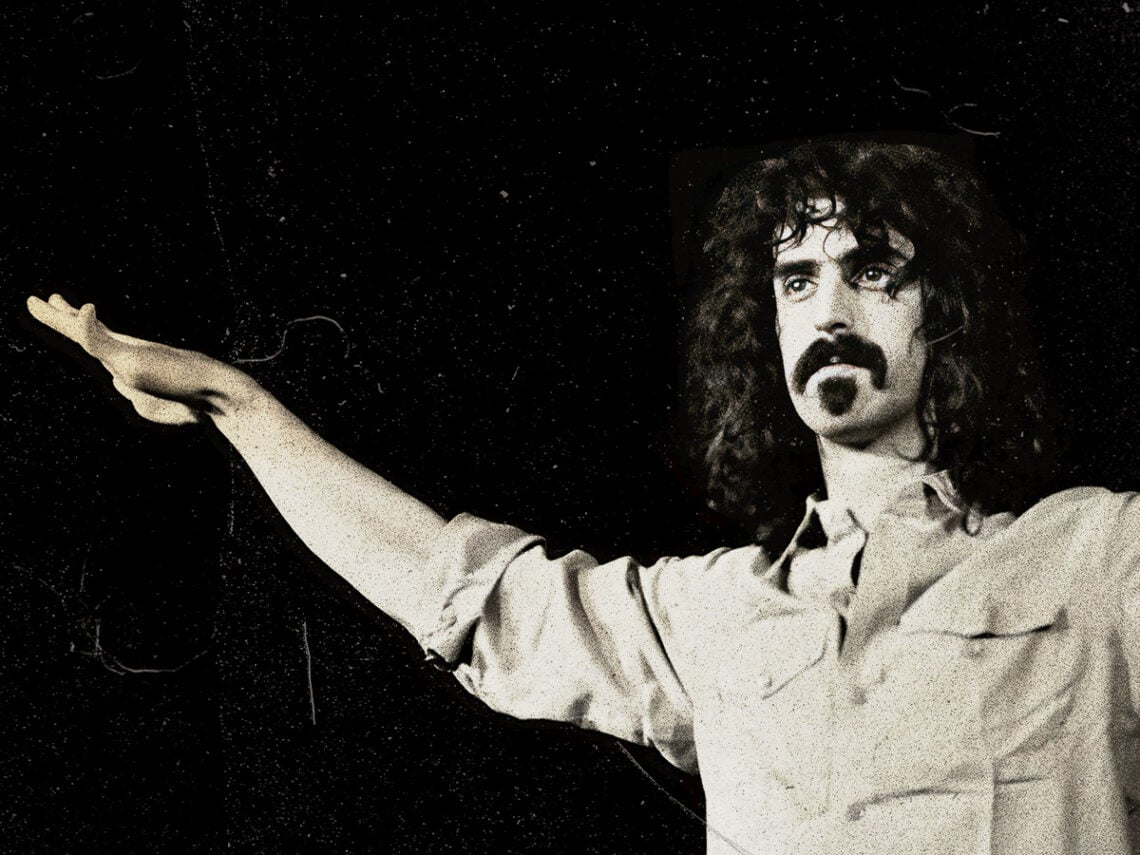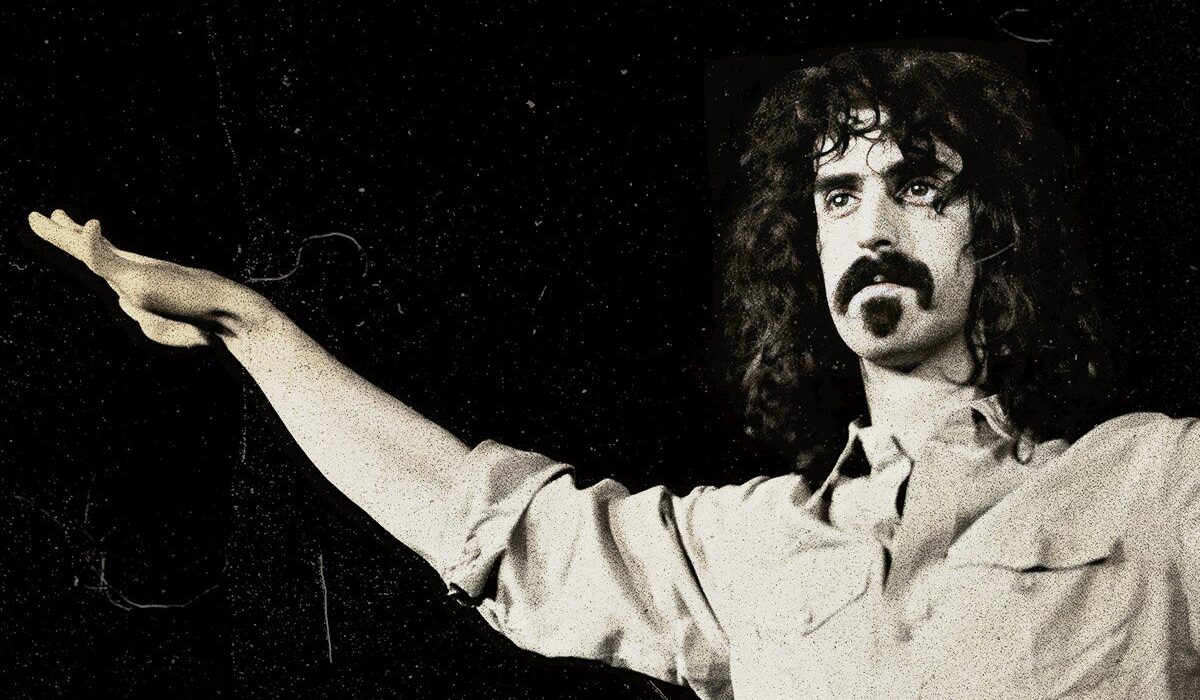
(Credits: Bent Rej)
Success in the music industry isn’t entirely predicated on the quality of an artist’s sonic output. Outside of their lyrics and instrumentation, a plethora of other factors can contribute to an individual’s artistry and the reception it might garner them. From personal fashion to accompanying artwork, music is just as much about product and performance as it is about expression, and few people knew this better than Frank Zappa.
A brief venture into the world of copywriting and advertising showed Zappa the importance of marketing, and he would maintain control over the accompanying visuals for his own music, but he was also unafraid to criticise the commerciality he saw influencing the artists around him. He described the music of his classic rock peers The Rolling Stones as a “product” and questioned the credibility of The Doors’ merchandising.
Amidst his more critical approaches, Zappa took more positive steps to reduce the commerciality of music. When he wasn’t throwing insults at artists he believed to lack credibility, he was championing and celebrating those artists he did believe in. During a conversation with Rolling Stone in 1968, he divulged the names of those few musicians with claims to legitimacy.
“I like the Chrysalis,” he began, “Jimi Hendrix. The Cream. Captain Beefheart. Traffic. And not necessarily in that order.” It’s a short list of names, highly curated to reflect Zappa’s tastes and interests and difficult to argue with. They’re artists who experimented and innovated, unconcerned with the ideas of profits or products, making music for the love of it all.
Outside of shouting them out in Rolling Stone, Zappa was an active supporter of Captain Beefheart in particular. He had been friends with Don Van Vliet since they were young and would put out his music on the record label he founded with Herb Cohen, Straight Records. The Chrysalis had also set out to work with Zappa after hearing his praise for them, but the collaboration unfortunately never came about.
Hendrix is undoubtedly the biggest name on the list and a name that still maintains its legitimacy over half a century later. The legendary guitarist pioneered the use of feedback and penned enduring psych-rock hits like ‘Purple Haze’, honing a legacy and impact extending far beyond profits. Zappa’s admiration for Hendrix was shared by thousands.
Admiration for Hendrix is still widespread, even as music becomes even more commercialised. Since Zappa’s comments, profits and promotion have only become more and more important to success in the industry. In the age of the internet, of TikTok songs and social media stars, marketing your music is easier and more important than ever.
While Zappa’s list of legitimate artists might have been even shorter today than it was in the 1960s, there are many musicians who walk the line between real creativity and ingenious promotion. Some artists even extend their artistry into the development of a “product”, adding to the world of their music with it.
Does that negate their legitimacy as artists? Or has it merely become a prerequisite for any form of existence within music? While Zappa might have been rightfully unimpressed with the state of music, with the commerciality of it all, and the apparent lack of legitimacy, there is still great art to be found amidst it all, and there is still admiration for those artists who came before.







